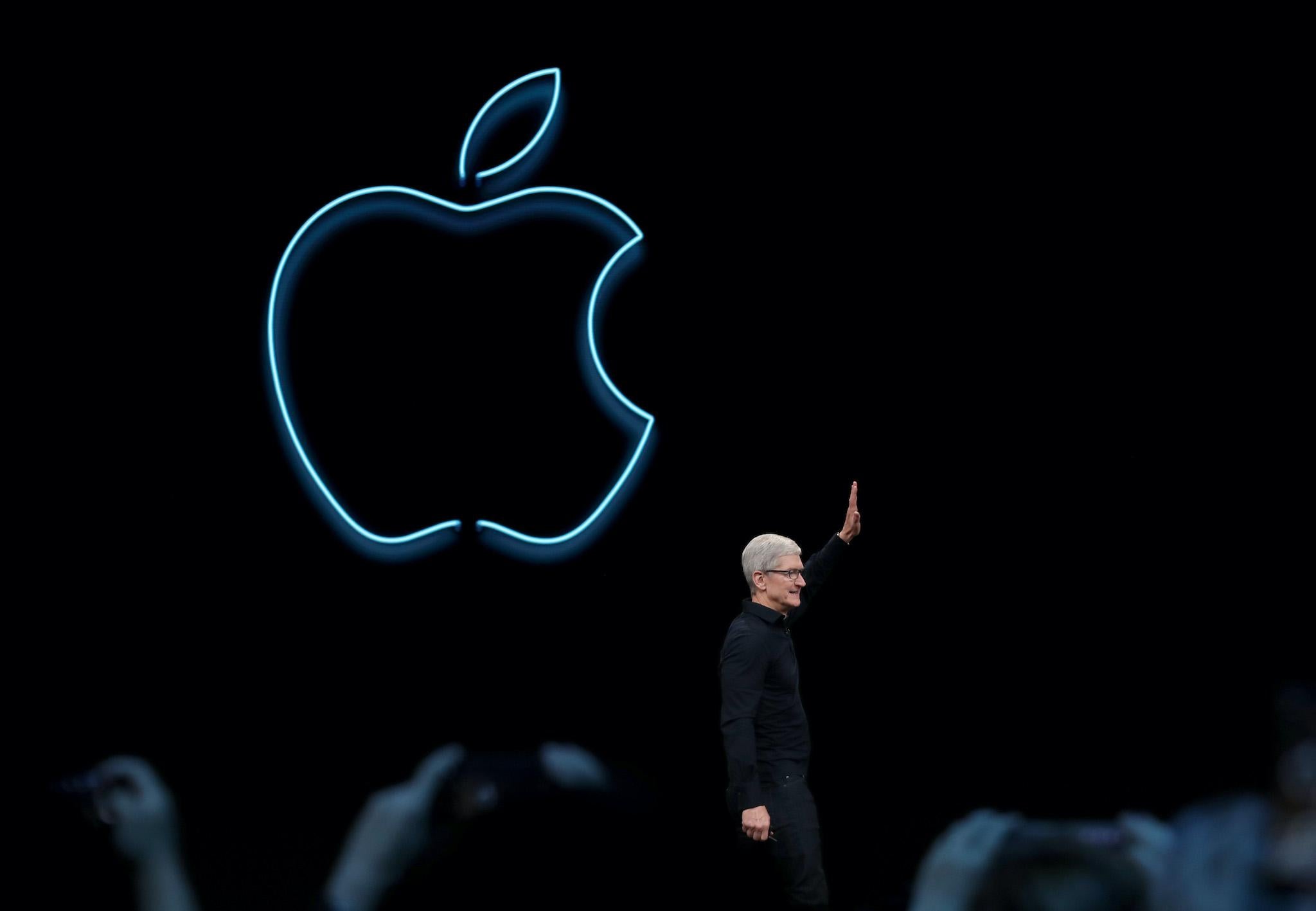The Independent's journalism is supported by our readers. When you purchase through links on our site, we may earn commission.
Apple’s Siri violated ‘the privacy of millions,' says whistleblower
In 2019 news broke that Apple contractors were listening to users’ Siri recordings without their knowledge or consent, but the company 'has not been subject to any kind of investigation'

Your support helps us to tell the story
From reproductive rights to climate change to Big Tech, The Independent is on the ground when the story is developing. Whether it's investigating the financials of Elon Musk's pro-Trump PAC or producing our latest documentary, 'The A Word', which shines a light on the American women fighting for reproductive rights, we know how important it is to parse out the facts from the messaging.
At such a critical moment in US history, we need reporters on the ground. Your donation allows us to keep sending journalists to speak to both sides of the story.
The Independent is trusted by Americans across the entire political spectrum. And unlike many other quality news outlets, we choose not to lock Americans out of our reporting and analysis with paywalls. We believe quality journalism should be available to everyone, paid for by those who can afford it.
Your support makes all the difference.The whistleblower who exposed in 2019 that Apple contractors listened to users’ Siri recordings without their knowledge or consent has gone public to protest the lack of action taken against the technology giant.
In a letter, sent to all European data protection regulators, Thomas le Bonniec said that Apple had conducted a “massive violation of the privacy of millions of citizens.”
He wrote that although news of the case had already gone public, the technology giant “has not been subject to any kind of investigation to the best of my knowledge.”
Mr Le Bonniec, who was hired by one of Apple’s subcontractors in Ireland called Globe Technical Services, had to listen to recordings from users and correct transcription errors. Listening to hundreds of recortings from Apple’s iPhones, iPads, and Apple Watches, many of them were taken “outside of any activation of Siri” – meaning that users were not aware of the action.
As well as recording their owners, Apple’s devices also picked up speech involving relatives or children of the owners who divulged names, addresses, messages, searches, arguments, and conversations without their knowledge that it was being recorded.
This covered personal information, including "cancer, referring to dead relatives, religion, sexuality, pornography, politics, school, relationships, or drugs,” Mr le Bonniec said.
The letter also stated that workers on another project, “Development data,” also had access to these recordings. This project entailed tagging words in the recordings to be linked to user data. This includes phone contacts, locations, or music.
“In other words, staff assigned to the project had access to personal user information, and used it to be able to link it to Siri commands. This means that users' playlists, contact details, notes, calendars, photos, maps, etc. were gathered in huge data sets, ready to be exploited by Apple for other projects,” the letter stated.
In August 2019, as a response to this news, the Cupertino company fired 300 workers with only one week’s notice and said it was reviewing its audio program. Mr Le Bonniec said that “nothing has been done to verify if Apple actually stopped the programme,” with sources reportedly telling him that Apple has not taken action.
Apple touts its privacy practises compared to competitors such as Google, but has often been criticised for using such principles as a marketing tool, especially on political grounds.
“I believe that Apple's statements merely aim to reassure their users and public authorities, and they do not care for their user's consent, unless being forced to obtain it by law” Mr le Bonniec wrote.
When asked for comment, Apple directed us to its August Newsroom post from 2019 and its Ask Siri Dictation & Privacy support page.
We have reached out to the company for a statement.
Join our commenting forum
Join thought-provoking conversations, follow other Independent readers and see their replies
Comments